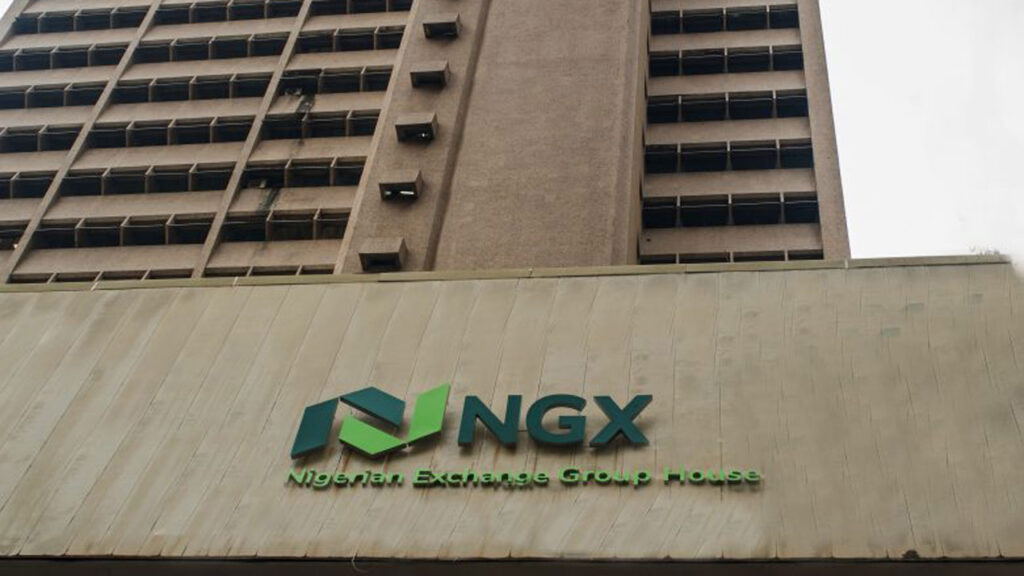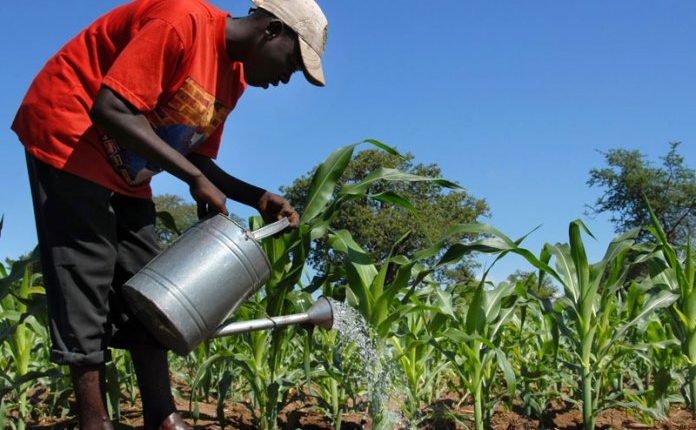
Workers in the food, beverage and tobacco sector said backward integration is a path the country should follow for a viable and prosperous sector. This is just as the workers also advocated tax holidays to stabilise the industry, noting that taxes companies pay were more than enough to turn their fortunes.
National President of the Food, Beverage and Tobacco Senior Staff Association (FOBTOB), Jimoh Oyibo, said this during an interaction with journalists. He said if businesses are to thrive, the government should see reasons tax holidays should be given, probably for a period for the industry to stabilise.
“We are not saying we should be exempted from tax, but tax holidays should be given for some time so that some of those losses they have incurred should be recouped. But the government is only interested in bleeding us to death,” he said.
Oyibo, who mentioned the challenges of sourcing raw materials and the Russian /Ukraine war affecting the importation of raw materials, said they have pushed most companies in the sector to embark on backward integration.
He said the move was to ensure they grow their raw materials and be free from the strenuous process of having to import raw materials for production. He said the positive impact has led to saving costs, increasing revenue and improving competitive advantage.
Revealing some good news, he said some of the companies that had already embarked on backward integration would begin to reap their harvest soon. To this end, he said the sector, with a very high rate of redundancy, has, however, been minimised due to the impact of backward integration. He also said despite lingering challenges facing businesses, high diesel costs and multiple taxations, there is constant communication with their employers that has made workers remain in their jobs.
“Backward integration is the direction this country should be looking at, by dwelling less on importation. If we don’t do this, what happened to the textile industry will also spread to our sector. Most employers have come to terms with us on reasons they cannot keep their workers due to the challenges. Sometimes we agree and sometimes we don’t as we look for better ways to negotiate. We have told them often a time that redundancy can never be a bailout option. As partners, we tell them that since we are embarking on backward integration, we should take some of the workforce and direct them on the cultivation of raw materials instead of outright sacking and some of them are looking in that direction.
With us coming to terms with our employers, the number of redundancy now has reduced drastically,” he said. On his advice to the incoming administration to drive the economy, the FOBTOB chief, who said the need to create an enabling environment was pertinent, said the issue of insecurity such as kidnapping, banditry, herdsmen/farmers clash and Boko Haram should urgently be arrested. Due to insecurity, he said farmers often attacked, thereby reducing production.
“Also, the inability to access foreign exchange is a big problem. The incoming government should ensure we have a single foreign exchange window for an equal exchange rate without favouritism to make sure the industry thrives,” he said.












